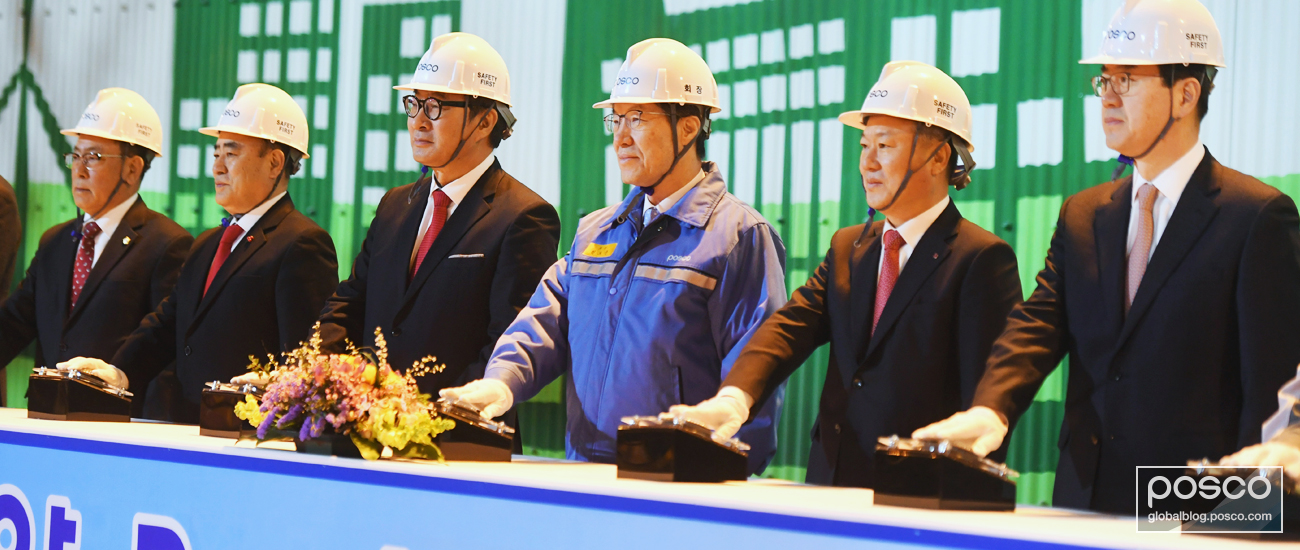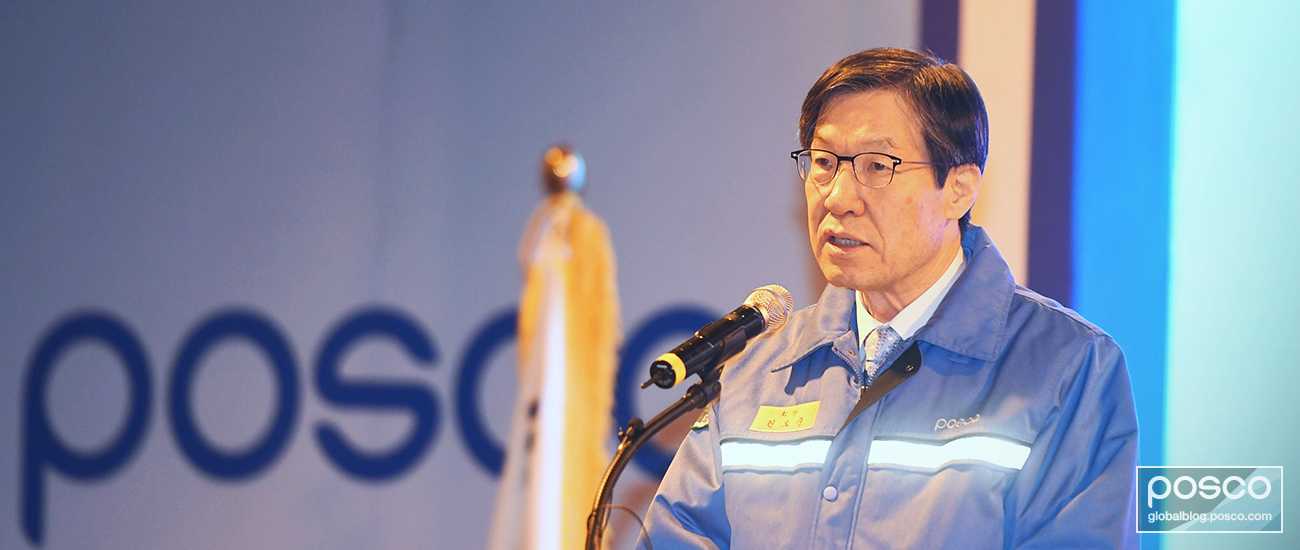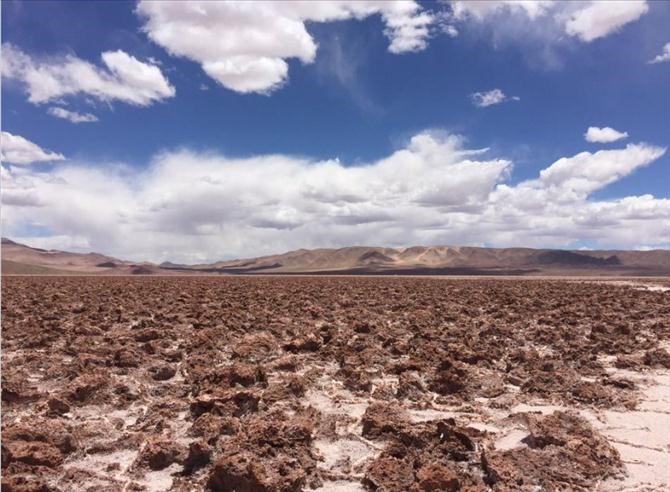While known for its industry-leading advanced steel products, POSCO has also been working to strengthen its non-steel business portfolio. Amid the rising demand for rechargeable lithium-ion batteries used in smartphones, laptops, and electric vehicles, POSCO has been working on proprietary technology for lithium extraction.
Earlier this month POSCO opened its first lithium extraction plant, PosLX, in Korea that is expected to produce 2,500 tons of lithium carbonate per year – enough to produce about 70 million laptop batteries. While most lithium carbonate is extracted from salt deposits, POSCO was the first to develop a way to extract it from wasted batteries.
Lithium Demand to Continue Rising
Demand for lithium-ion batteries is expected to rise exponentially in the coming years. Tesla, Chevrolet, Nissan, Toyota, and other upstarts are all expecting increased demand as their electric vehicles begin rolling off production lines. Overall, worldwide demand for lithium carbonate is expected to rise from 66,000 tons in 2015 to over 180,000 tons by 2025.
“With the supply of electric cars and the development of smart grid technology, the market is expected to result in massive growth.” – Ohjoon Kwon, CEO
POSCO Reduced Extraction Time to 8 hours
Starting in 2010 when CEO Ohjoon Kwon was the Director at the Research Institute of Industrial Science & Technology (RIST), POSCO began working on developing a high-efficiency technique for extracting lithium from water.
In 2010, POSCO began development of a new chemically based lithium extraction technology that is able to reduce extraction time while also improving efficiency and reliance on overseas imports. The first pilot program began in 2013 and POSCO recently became the world’s first corporation to commercialize chemically based lithium extraction technology.
Lithium extraction traditionally takes anywhere from 12-18 months using a slow evaporation technique. However, POSCO’s new extraction method takes from 8 hours up to one month while also offering a purity rate of 99.9% and increasing the lithium recovery rate to over 80%.
Furthering POSCO’s work in lithium extraction, in 2011 POSCO partnered with RIST to further establish pilot production facilities with an annual capacity of two tons. Since then, POSCO has successfully completed more pilot production facilities overseas at Chile’s Maricunga Salt Lake (2013), Argentina’s Pozuelos Salt Lake (2014), and Argentina’s Cauchari Salt Lake (2015). The lithium processing plant at the Pozuelos Salt Lake in Argentina will have an annual processing capacity of 2,500 tons of high-purity lithium that can be used in rechargeable car batteries.
Eco-friendly Extraction Using Recycled Batteries
POSCO has also commercialized a new eco-friendly technology used to produce lithium carbonate. While lithium is typically extracted from salt, for the first time ever, POSCO developed a way to extract lithium from recycled batteries.
The lithium carbonate produced from these recycled secondary batteries was tested in January 2017 and found to be of equal quality in terms of purity, charge, discharge efficiency, and capacity. This technology is used at POSCO’s PosLX plant with an annual capacity of 2,500 tons, and will help supply POSCO’s battery making partners such as LG Chem, Samsung SDI, and POSCO ESM, a subsidiary that produces cathodes for secondary batteries.
With POSCO’s unique technologies in place, POSCO is planning to increase production capacities to over 40,000 tons of lithium – both at home and abroad.

From left to right: Jae-chun Song, chairman of Gwangyang City Council, Hyun-bok Jeong, mayor of Gwangyang, Gi-jong Woo, deputy governor of South Jeolla Province, POSCO CEO Ohjoon Kwon, Ung-beom Lee, president of LG Chem and Nam-seong Cho, president of Samsung SDI who can be seen pressing symbolic buzzers to show that the plant is now online.
CEO Ohjoon Kwon’s Commitment to Grow POSCO’s Non-Steel Business
Since 2010 when he was a director at RIST, POSCO CEO Ohjoon Kwon has worked to promote the advancement of lithium extraction technology. His work can be seen in POSCO’s recent efforts to significantly cut extraction time while also finding new and eco-friendly sources of lithium carbonate.

POSCO Chairman Ohjoon Kwon gives a celebratory speech at a newly built lithium extract plant in Gwangyang, South Jeolla Province, on Feb. 7.
When Kwon was appointed as POSCO’s CEO in 2014, he focused on strengthening POSCO’s steel businesses. However, as he begins his second term, he has emphasized the need for POSCO to search for profitable growth engines in order to strengthen its global competitiveness.
“Our vision is what propelled us to keep going in spite of many difficulties and limitations.” – Ohjoon Kwon, CEO
In the world’s growing lithium market, POSCO is determined to become a leading supplier. While strengthening its non-steel business segments, POSCO will continue working to provide innovative technologies that are efficient, effective, and eco-friendly.
Don’t miss any of the exciting stories from The Steel Wire – subscribe via email today.

